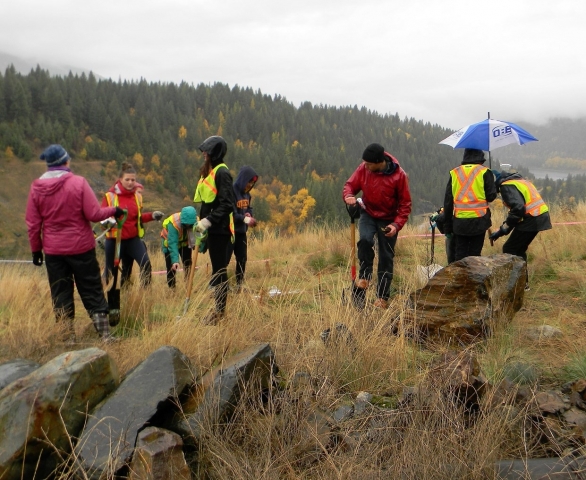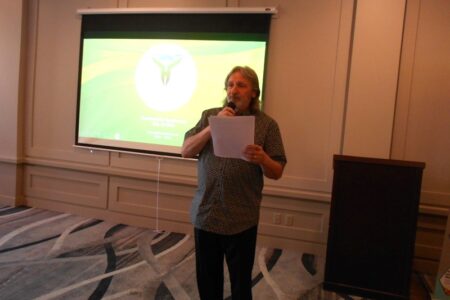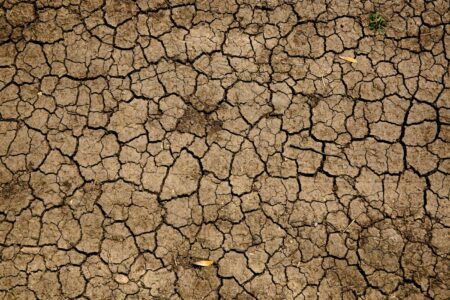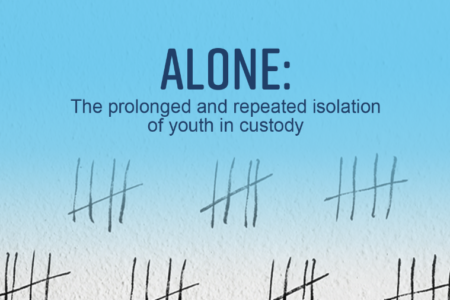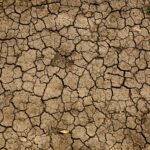Seven Summits Centre for Learning students improving ecosystem health near Waneta
Students from Seven Summits Centre for Learning are doing their part to increase ecosystem health in the Kootenays.
According to the International Union for the Conservation of Nature, invasive species are the second greatest threat to biodiversity, after habitat loss. Invasive species are plants, animals, and pathogens that have been introduced from far away, and which reproduce at high rates and lack any natural predators or controls, and are not very useful as food or shelter in their new location. As a result, invasive species can damage ecosystems by outcompeting native species for resources — displacing native species that act as food and/or shelter in an ecosystem.
Biodiversity refers to the variety of life on earth. Biodiversity is important as it ensures the survival of humans and it boosts ecosystems’ health and productivity. Healthy ecosystems can better withstand natural disasters and help to ensure natural sustainability for all life forms.
Grade 10 students from the Seven Summits Center for Learning are covering these topics in their biology class. The students teamed up with the Central Kootenay Invasive Species Society (CKISS) and Columbia Power to take what they are learning in the classroom outside. On Thursday October 20th, students, teachers, Columbia Power staff and CKISS staff braved the wet weather and planted 160 native plants at a site close to the Waneta Expansion Project.
Their goal is to increase biodiversity and improve ecosystem health at the site. The area is home to three species at risk, the Western Skink, Rubber Boa and the North American Racer. We hope that by planting native species it will improve the habitat for these vulnerable reptiles.
This is an ongoing project funded by Environment Canada’s Eco Action Community Funding Program and Columbia Basin Trust. CKISS staff will revisit the site in order to conduct a biodiversity assessment. Students from 7 Summits will return in the fall of 2017 to plant more native species.


